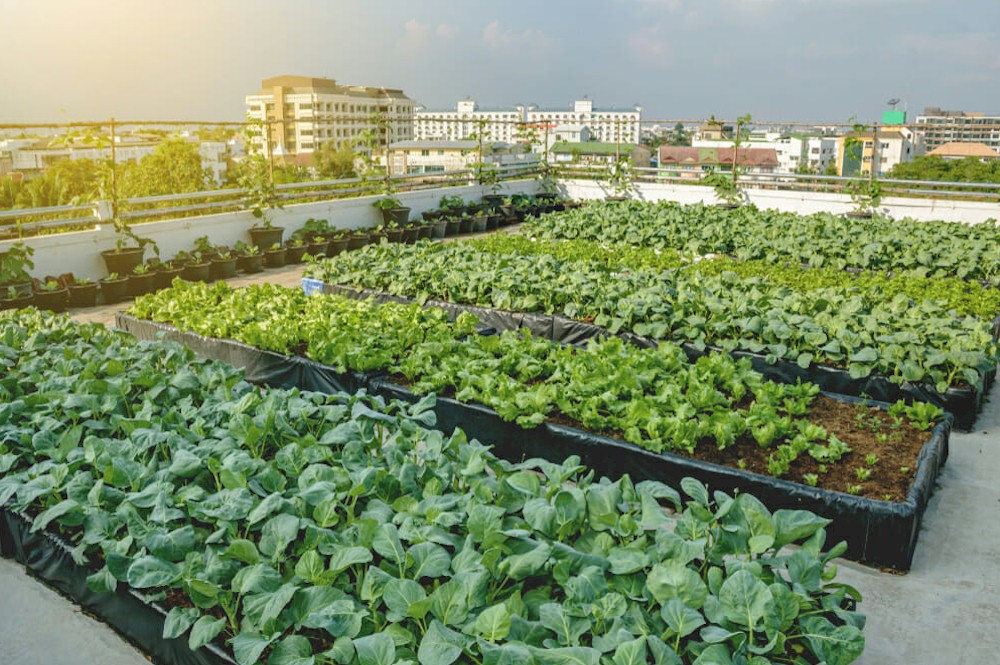
In the past few years, hotel food and beverage departments have experienced significant growth. Managers are realizing just how much revenue potential this sector holds, both in terms of additional revenue and as a means to enhance the guest experience. As a result, substantial investments are being made in F&B operations as a way to satisfy hotel guests but also to keep pace with the competition. Though it has been a trend for many years, the Farm-to-Table movement shows no signs of abating. Hotel chains are abandoning corporate restaurants and are instead partnering with local chefs to create locally-influenced dining options. Local, farm-sourced ingredients paired with specialty beverages or local wine also satisfies the increasing demand from Millennial travelers who are eager to travel sustainably and contribute to a positive impact. A farm-to-table F&B program also helps to support the local economy, which builds community goodwill. Also popular are "Self-Serv" and "Grab & Go" options. These concepts stem from an awareness that a guest's time is limited and if a hotel can supply them with fast, fresh, food and beverage choices, then so much the better for them. Plus, by placing these specialty kiosks in areas that might be traditionally under-utilized (the lobby, for instance), they can become popular destination locations. Of course, there are new technological innovations as well. In-room, on-screen menus allow guests to order from any restaurant on the property, and some hotels are partnering with delivery companies that make it possible for guests to order food from any restaurant in the area. Also, many hotels are implementing in-room, voice-activated devices, so ordering food via an AI-powered assistant will soon become mainstream as well. The August issue of the Hotel Business Review will report on these developments and document what some leading hotels are doing to expand this area of their business.








































